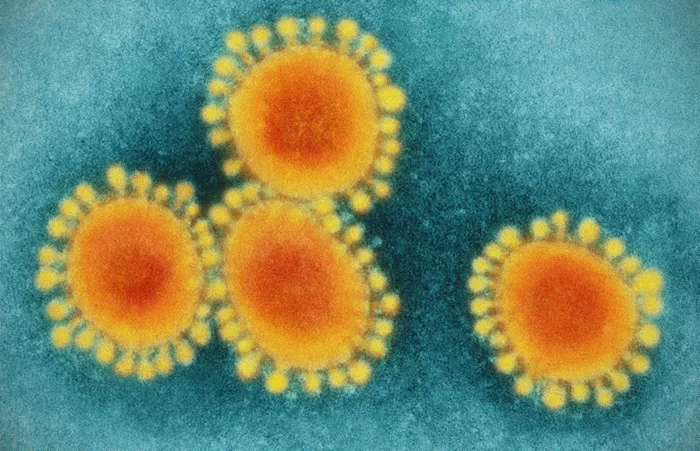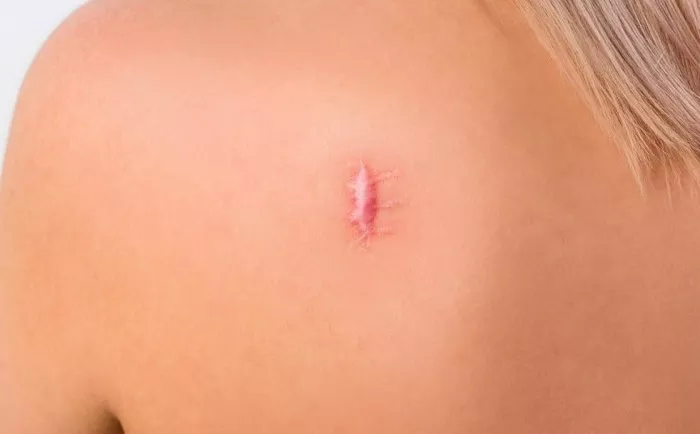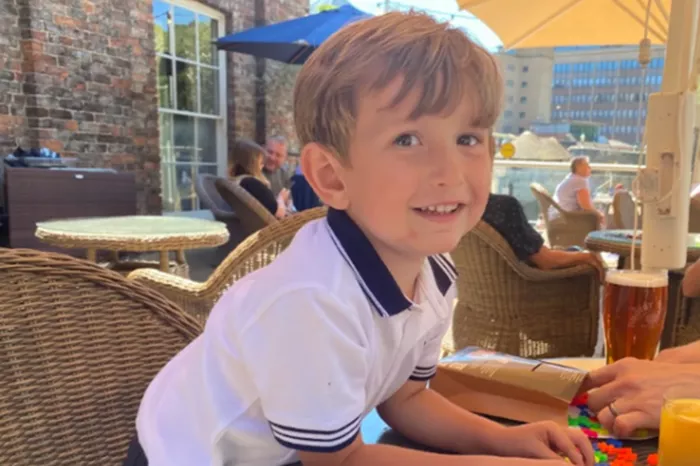A Farnworth man has been diagnosed with a rare and life-altering nerve disease, prompting his family to launch a fundraising campaign to support his recovery.
Kayne McNally, 24, began experiencing unusual symptoms while on holiday in Thailand earlier this year. While vacationing with friends in February, McNally began feeling a tingling sensation, akin to “pins and needles,” in his legs and feet. At first, he attributed the discomfort to fatigue after climbing a mountain the previous day.
However, as the pain intensified and began spreading upwards, McNally sought medical attention in Thailand. Despite initial blood tests coming back clear, his condition continued to worsen, affecting his breathing. In response, he and a friend rushed to book a flight back home to the UK.
After two flights, McNally’s condition had deteriorated to the point where he was unable to walk and required a wheelchair to move through Manchester Airport. He was immediately taken to A&E, where doctors diagnosed him with Guillain-Barré syndrome (GBS), a rare neurological disorder in which the immune system attacks the body’s peripheral nerves.
Speaking about the diagnosis, McNally’s mother, Shelly-Ann, expressed her shock and horror at the rapid progression of the disease. “GBS affects your senses, your movement, and even things like your heartbeat and breathing. Within 24 hours of diagnosis, Kayne was ventilated. I could do nothing but watch in horror,” she said.
The condition has left McNally with very limited movement. He can no longer speak or swallow, and he is reliant on others for daily activities. Currently, he can move only one hand and his fingers slightly. Shelly-Ann shared that the disease has affected her son severely, likening his current state to that of a baby who cannot care for himself.
“It’s extremely distressing,” she added. “He seems to have had a particularly severe strain of the disease. His little brother, Stanley, is only seven and misses him terribly.”
Despite the grim prognosis, Shelly-Ann remains hopeful. “GBS affects everyone differently, but recovery rates are generally good,” she said. “We’re taking it day by day, but it’s going to be a long and painful journey.”
The primary treatment for Guillain-Barré syndrome includes immunotherapy, either through intravenous immunoglobulin (IVIG) or plasma exchange, which helps to prevent further damage to the nerves. In many cases, patients are able to walk within six months and make a full recovery within a year.
As McNally continues his recovery in intensive care, his family is by his side, providing unwavering support. Shelly-Ann highlighted that her son had recently bought his own home at the age of 21 and was worried about how he would manage financially during his illness.
“It’s heartbreaking,” Shelly-Ann said. “Kayne has always been a kind and caring person. He has his whole life ahead of him, and we’re doing everything we can to help him recover.”
A fundraising page has been set up to assist the family in covering medical costs and providing support during McNally’s long road to recovery.
For those wishing to donate, further information is available through the family’s fundraising campaign.
Related Topics


































